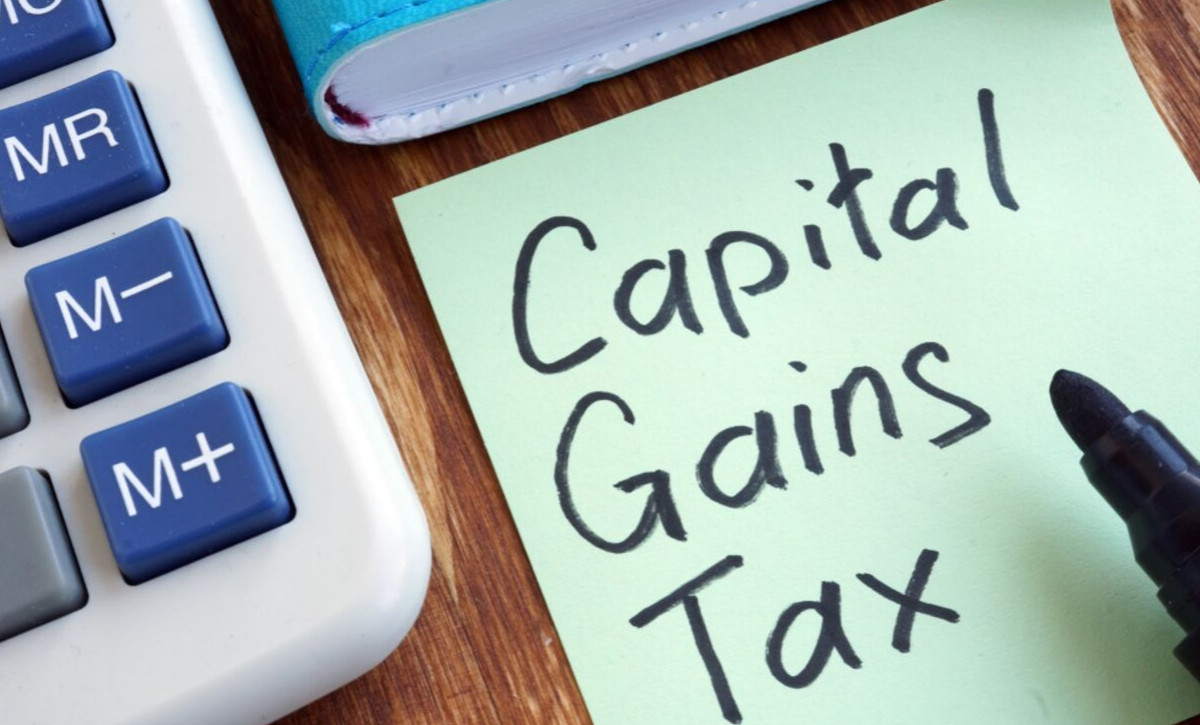THE TAX DIALOGUE
Jonathan Hore
I don’t want to be the bearer of bad news but most people owe the taxman tax which arises whenever property is sold. You may have probably heard people talking about Capital Gains Tax or CGT and that is the tax I am discussing in today’s article. Unfortunately, not so many of us know that we may have to pay tax when we sell immovable property and inadvertently cheat the taxman in the process. I hope that this article will add value and help you make future informed decisions about property sales. In this article, words importing the masculine shall be deemed to include the feminine.
What’s this CGT?
CGT is a term you won’t find in the Tax Acts but it is internationally used to refer to the tax on capital gains that one realises when they sell or otherwise dispose of an immovable property such as land, a house, a farm, an office etc. The tax is also payable when one sells other assets such as company shares but this article is biased towards immovable property sales.
You may know that immovable property appreciates in value and such appreciation is referred to as capital gains. As an example, if you buy a plot at P100 000 and sell it when its price would have risen to P300 000, you would have realised a capital gain of P200 000 (i.e. P300 000 less P100 000). The taxable amount may be lesser as other deductions are applicable, as described below. The capital gains simply mean that you are technically richer due to holding on to the property over time. The taxman therefore wants to share in your newly gotten riches through a tax, being CGT. The tax is always paid by the one who disposes of the asset.
Too technical!
The tax is determined in a rather technical manner by reducing the cost of the asset from the selling price where an actual sale is made. The market value substitutes the selling price where the property is donated or otherwise disposed of. Mere transfers of such property from one person to the other also trigger CGT. A further deduction is claimable in respect of inflation. In other words, your gain gets reduced by the inflationary adjustment over the period during which you hold the asset. Direct disposal costs such as legal fees, tax consultancy and agent’s commission are also deductible. The net capital gain is then subjected to tax at a maximum rate of 25%. If you make a capital loss, you don’t have to worry about paying. Ok, please save yourself the trouble of fighting these CGT figures and let a competent tax consultant assist you pay. Of course, I am aware that you only know one tax consultant, whose name I won’t mention for obvious reasons.
Pay it this way
Assuming that you realise a capital gain, you are supposed to declare it in your income tax return which becomes due by 30 September of each year. The tax only becomes due within 30days from the date that BURS notifies you that they would have issued you with an assessment. However, if you submit income tax returns electronically, the return you submit becomes an assessment and you have 30days within which to pay the tax. The tax on the capital gains is determined using rates which are different from the commonly known individual tax rates. Therefore, you need to ensure that you get the tax determined correctly.
You probably owe tax!
If you owe taxes from a previous sale, you need to fix things and be on the right side of the law. Tax consultancy would be necessary for you to navigate ways of correcting the past mistakes. If you were in the process of selling an immovable property, you need to be wary of the tax and ensure you do not use all proceeds without paying the tax.
Well folks, I hope that was insightful and if indeed it was, please give me a high 5 like ‘Twaaa!’ As Yours Truly says goodbye, remember to pay to Caesar what belongs to him. If you want to join our Tax Whatsapp group or to know more about our 8 Tax e-books, send me a text on the cell number below.
Disclaimer: Jonathan Hore is a Managing Tax Consultant at Aupracon Tax Specialists. This article is of a general nature and is not meant to address the particular matters of any person. Feedback can be relayed to jhore@aupracontax.co.bw or 7181 5836.

